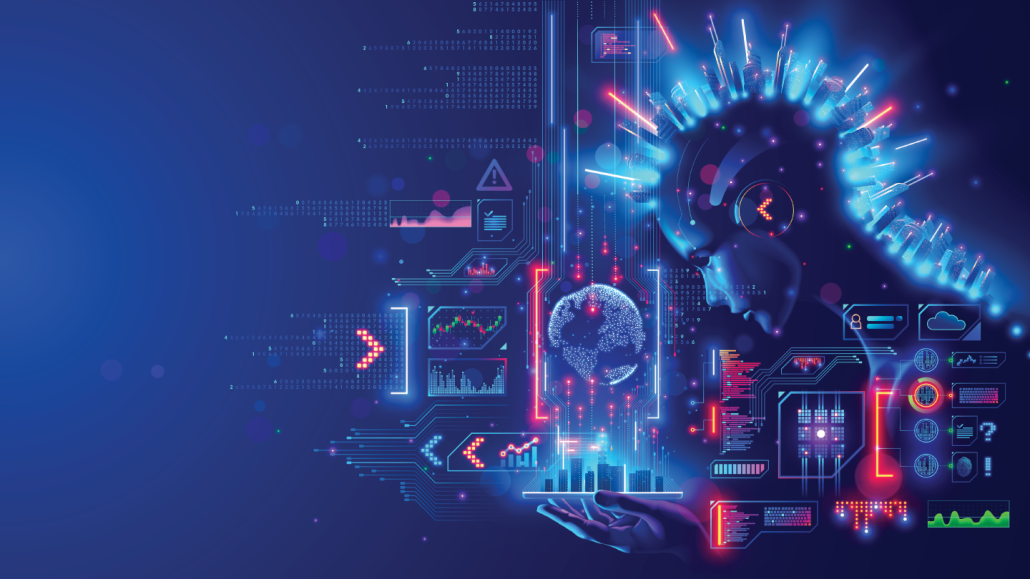Questions for ‘Can computers think? Why this is proving so hard to answer’

Artificial intelligence does a lot of work for humans. AI can play chess, translate languages, even drive cars. But can it think? Most scientists have concluded … probably not yet.
Andrey Suslov/iStock/Getty Images Plus